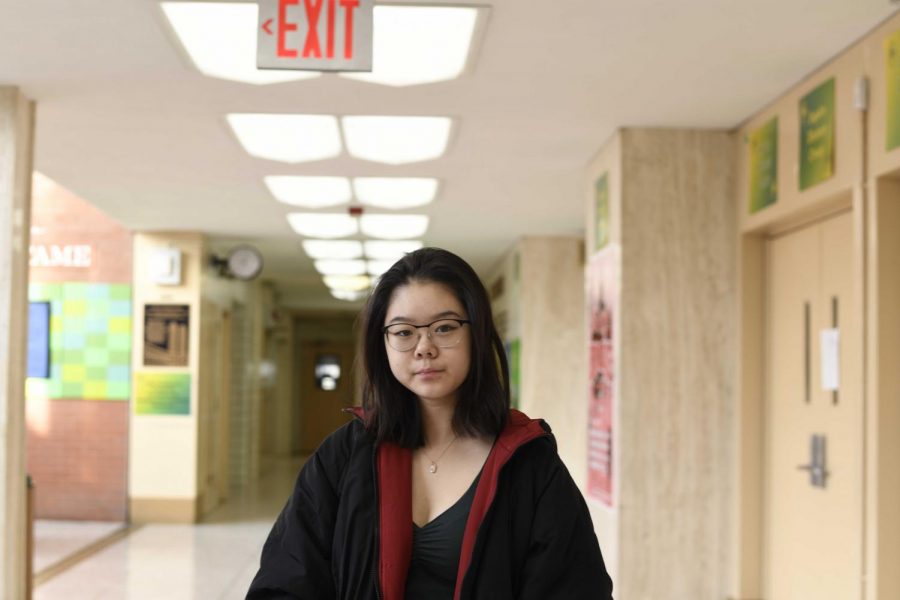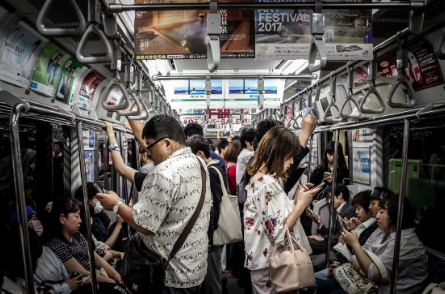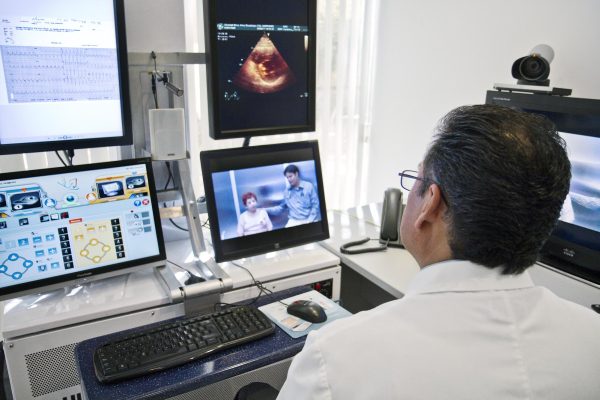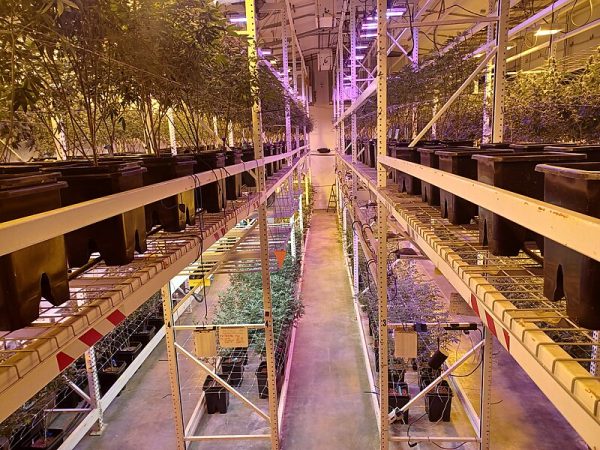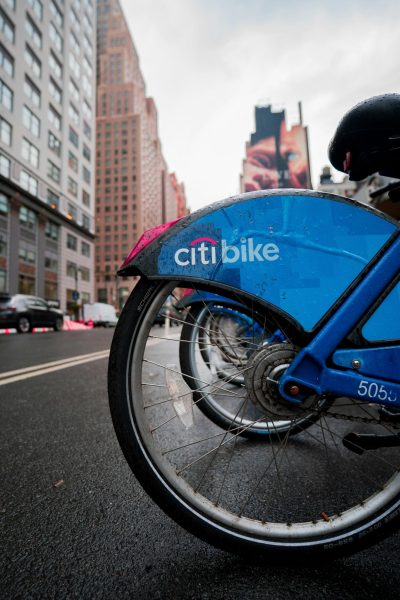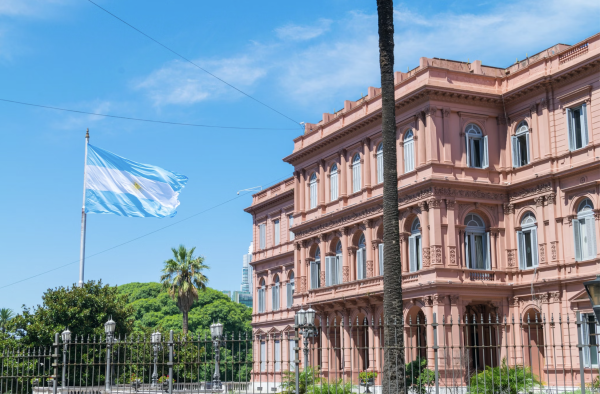“Acqua Alta” in Venice: Floods Point Towards a Climate Crisis
Nina Wang ’20 strongly believes the Venice floods to be an indicator of climate change. “The high levels of water that the city hasn’t seen in decades– it’s not just a coincidence that rising temperatures are happening at the same time,” said Wang.
In the middle of November 2019, the Venice Canals made the headlines of major news sources — not because it’s a popular tourist attraction, but because of the staggering level of flooding that persisted for more than a week.
What is alarming is not the flooding of the canals, but the abnormal high levels of water, which Venetians call “acqua alta.” This name categorizes tides that exceed eighty centimeters, or more than two feet above sea level. This is actually a recurring phenomenon during the late autumn and winter months.
Floods happen regularly in Venice because the city was built on a group of islands and islets in a lagoon, which is separated from the Adriatic Sea by a thin strip of land. Three main canals split this strip of land to allow ships to pass by. However, when the tide rises, seawater enters the lagoon, mixing it with the freshwater of the lagoon. Consequently, the water of the Venice Canals is brackish and highly polluted as the city still dumps its sewage into the canals.
On November 12th, 2019, the floods peaked at 187 centimeters, according to the Venetian government’s statement Wednesday morning. The Tidal Forecasting and Reporting Center of Civil Protection released that 45% of Venice had been flooded. These statistics mark these floods as the worst flooding in half a century since 1966.
These statistics mark these floods as the worst flooding in half a century since 1966.
Jamie Lee ’20 said, “Venice floods occasionally, sort of like a way of life there. Even tourists are familiar with these conditions. But the recent Venice flooding is unprecedented, and has severe implications.”
Scientists were quick to identify climate change as the cause of the Venetian floods. Trapped greenhouse gases and other emissions from fossil fuels are warming the earth at alarming rates as a result of transportation, factories, mass production of goods, and more. The growth in world population has also caused massive increases in greenhouse emissions, specifically methane and nitrous oxide, as the global agriculture industry has expanded to compensate for the many more mouths to feed.
With rising levels of emissions, the trapped gases increase the rate at which Earth’s glaciers melt, contributing to the rising sea levels and culminating in the unexpected and severe Venice floods this year. Even Venice’s mayor, Luigi Brugnaro, tweeted, “[the Venice floods] are the effects of climate change.”
Venice felt the full consequences of the climate crisis as the Italian Prime Minister Giuseppe Conte declared a state of emergency. Flooding has caused increased police patrols at night, makeshift traverses have been built across St. Mark’s Square to help commuters avoid water, and shops have been barricaded to keep water out.
The ancient crypt of St. Mark’s Basilica has been flooded for only the sixth time in over 1,200 years, causing damage to the Cathedral and its mosaic floor. The baroque church of St. Moses, a city university, and Gritti Palace, a 15th century palace, have also been flooded. Venice’s tourism industry, worth about $3.3 billion a year, has taken a huge hit amidst the floods, with a 35% cancellation rate for November.
The floods have also claimed the life of an elderly man. A spokesman for the mayor of Venice revealed that the man died while attempting to run electric pumps in his home on Pellestrina, an island of Venice.
The flooding of Venice has wrecked historical and cultural monuments, devastating the local government and its people. The Venice mayor has appealed for more donations to help the city “shine again.”
Olivia Chen is the Chief Graphic Designer/Layout Editor for ‘The Science Survey’ and Managing Editor for ‘The Observatory’. She works with her...

